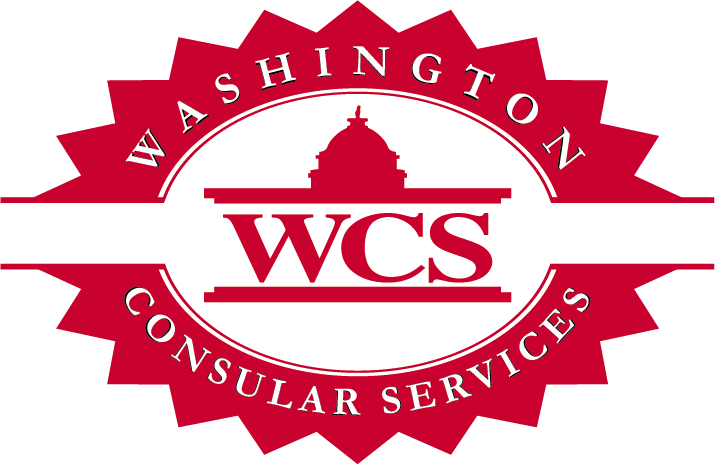An apostille is an official certificate that verifies the authenticity of public documents, such as birth certificates or corporate documents, ensuring they are legally accepted in other countries under the 1961 Hague Convention. It may be a small piece of paper, but it carries significant weight and is used globally. Because of its importance, the process of getting an apostille can be rigorous, especially if you are not properly prepared.
This guide covers the most important dos and don’ts when securing an apostille. It clarifies the types of documents that typically require one, highlights common pitfalls that can cause delays or rejections, and explains key steps to ensure your documents are properly authenticated for international use. Whether you’re a business professional or an individual handling legal or personal documents abroad, these tips will help ensure your documents meet all necessary standards.
DO: Understand What Requires an Apostille
- Know the document types: Common documents include contracts, powers of attorney, incorporation papers, certificates of good standing, licenses, divorce decrees, and court judgments.
- Check the reciprocity: Apostilles are only valid between countries that are parties to the Hague Convention. Documents used in non‑Convention countries require different legalization processes.
DO: Start Early, Confirm Requirements, and Choose the Right Apostille Format
- Begin the apostille process as early as possible, as processing times can range from several business days to a few weeks. Delays are common, particularly for high-priority or business-related documents that may involve additional verification steps.
- Follow jurisdiction-specific rules: Requirements can vary by state or country. For example, California uses the Secretary of State directly for apostilles. It’s also important to determine whether you need a traditional paper apostille or a digital e-apostille. Some jurisdictions offer e-apostilles for faster electronic processing, which may be acceptable depending on the destination country and type of document.
DO: Gather Originals & Certified Copies
- Use correct originals or certified copies: Apostilles cannot be placed on plain photocopies. Certified originals are essential.
- Ensure proper notarization: Some documents must be notarized before apostilling. This should be done by a qualified notary public. Note that federal documents should not be notarized before submission, as this can invalidate them for apostille.
DO: Double‑Check Accuracy On Receipt
- Review the apostille certificate carefully: Check the date, issuer, document name, and attachments—errors can invalidate the entire process.
- Retain originals and copies: Always keep a copy of both the original document and its apostille for your records.
DO: Know Where Apostilles Are Processed and Expected Timelines
The Secretary of State’s office typically issues Apostilles in the U.S. in the state where the document was issued. For federal documents, the U.S. Department of State in Washington, D.C., handles the processing of apostilles. Turnaround time can vary significantly depending on the jurisdiction and the volume of requests. State-level apostilles may take anywhere from a few business days to several weeks, while federal apostilles usually require additional processing time. Expedited services are available through authorized providers, such as WCS, for clients who need fast and reliable results.
DON’T: Assume It’s Just Administrative
- Legal validity is essential: Failing to apostille a required document can lead to rejection or serious legal complications abroad.
- Beware incomplete packages: Missing notarizations, uncertified copies, wrong issuing authorities, or skipped steps can cause delays or rejections.
DON’T: Skip Professional Support When Needed
- Complex or high-stakes documents (such as cross-border business arrangements or property transfers) often benefit from expert oversight. WCS can streamline compliance and avoid costly missteps.
- Don’t trust unverified service providers: Patronize experienced, accredited apostille services to ensure reliability.
DON’T: Assume Same Rules Everywhere
- Jurisdiction matters: Apostille requirements—from who issues it to acceptable document format—change by state and destination country.
- Some countries also require translations or legalization; however, Apostilles don’t always conclude the process. Some require embassy legalization or certified translations.
Best Practices: Expert-Led Approach

Consult Before You Start
Begin with a consultation to identify which documents require an apostille, the accepted format in the destination country, and the correct issuing authority.
Prepare with Oversight
WCS guides clients through notarization, certified copies, translations (if needed), and final reviews, ensuring everything is correct before submission.
Track & Confirm
WCS tracks every step—from submission to agent communication—and verifies the apostille on receipt, alerting you immediately if something is wrong.
Store Securely
We manage the long-term storage of original, apostilled documents, making them easily accessible for future use or renewals.
Final Takeaway
Obtaining an apostille isn’t just a formality—it’s a legal safeguard for ensuring the validity of international documents. When time, compliance, and peace of mind matter most, partnering with WCS ensures your documents cross borders smoothly and securely. Contact us for a personalized review and error-free apostille process.

